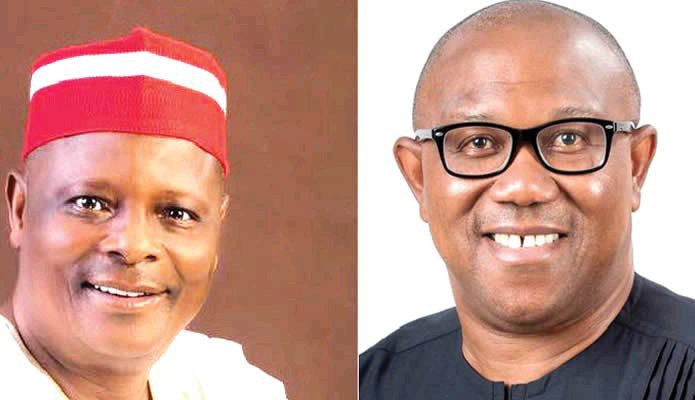In a recent interview on News Central TV FROM 6:26, Dayo Ajibola, a lawyer and political scientist, offered a stark assessment of the political dynamics in northern Nigeria, particularly regarding the prospects of Peter Obi and a potential alliance with Rabiu Kwankwaso.
Ajibola expressed skepticism about the possibility of swaying key northern political figures in favor of Obi. He stated, “There’s no way you can convince the northern power establishment that it is better for them to vote for Obi.” This comment underscores the significant challenges Obi might face in gaining support from influential northern political circles.
Further emphasizing the entrenched interests within the northern region, Ajibola suggested that these power brokers would prefer to maintain the status quo rather than back an alternative alliance. He asserted, “The northern establishment would rather wait for Tinubu’s four years than go with an Obi-Kwankwaso alliance.” This statement implies that the northern political elite may view President Bola Tinubu’s administration as a more palatable option compared to supporting a coalition involving Obi and Kwankwaso.
Ajibola’s analysis highlights the complex interplay of regional politics and entrenched interests in shaping Nigeria’s political landscape. His comments suggest that despite potential alliances or strategic moves by opposition figures, the established power structures in the north may continue to exert significant influence over the country’s political direction.
This perspective offers insight into the challenges facing alternative political alignments in Nigeria, particularly those that seek to bridge regional divides. As the country moves forward, the attitudes and preferences of key regional power brokers will likely continue to play a crucial role in shaping electoral outcomes and political alliances.

